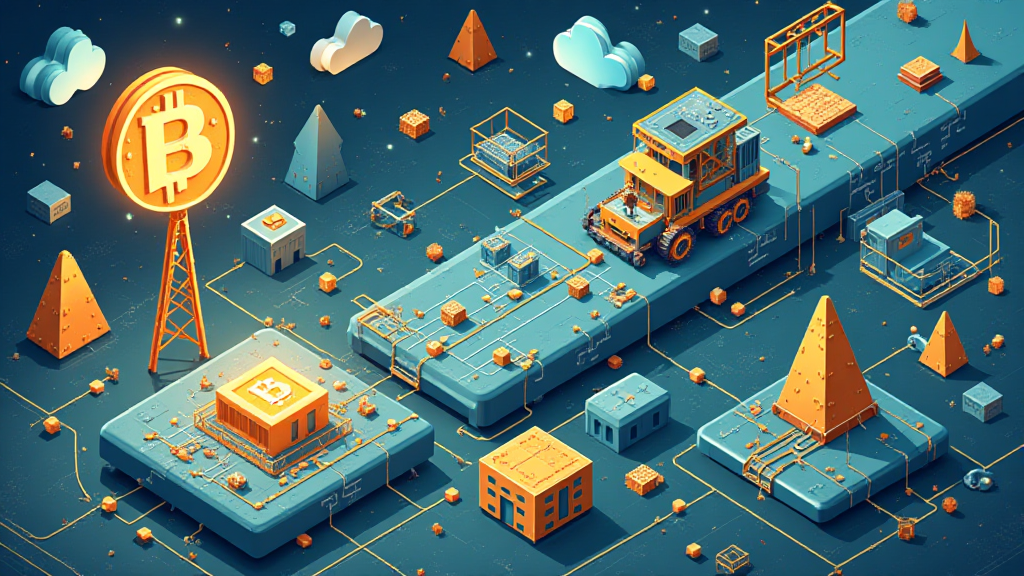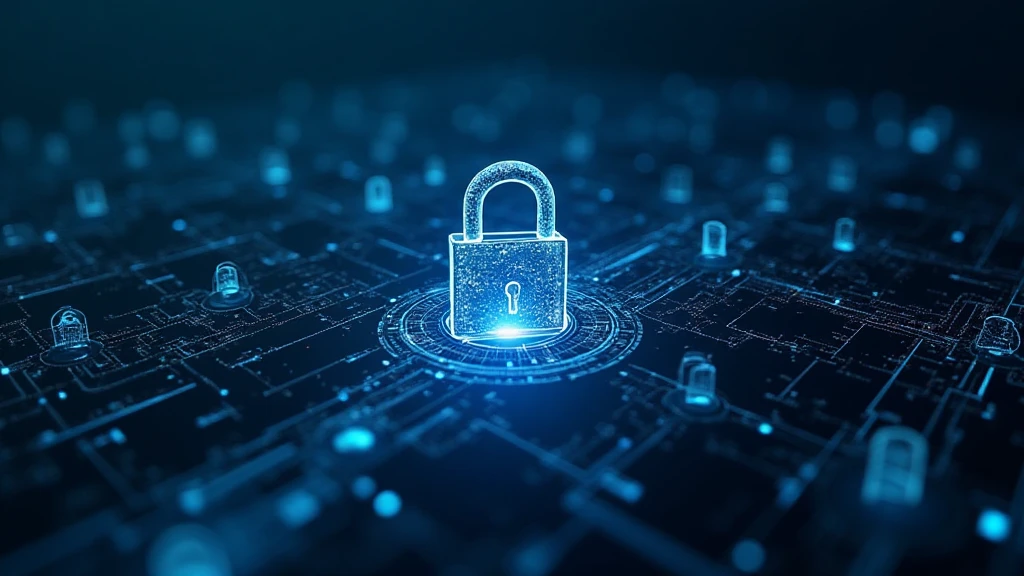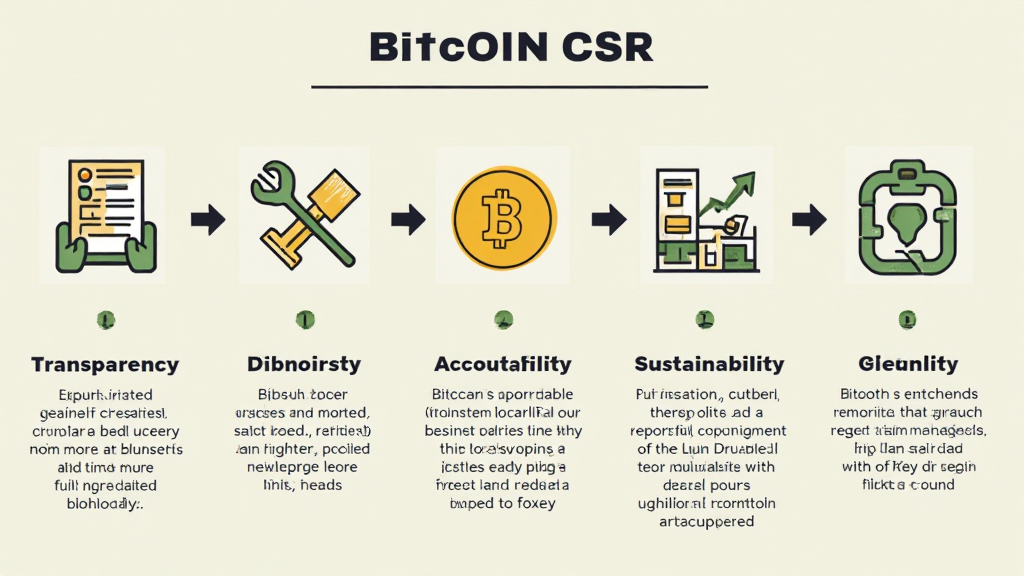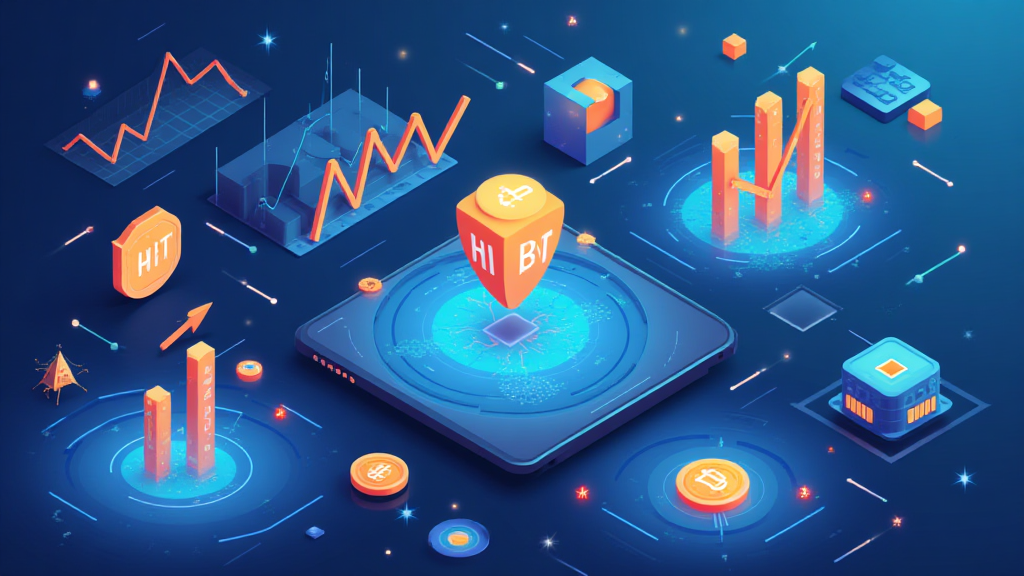Introduction
In the ever-evolving digital landscape, Bitcoin mining remains a focal point for both enthusiasts and skeptics alike. With over $4.1 billion lost to DeFi hacks in 2024, the security and innovation surrounding Bitcoin mining have drawn considerable attention. What is it that makes Bitcoin mining crucial for the cryptocurrency ecosystem and its security standards? In this article, we will delve into Bitcoin mining, exploring its process, relevance, and the latest developments that shape its future.
What is Bitcoin Mining?
Bitcoin mining is the process by which new bitcoins are created and transactions on the Bitcoin network are verified. It involves a decentralized network of computers that compete to solve complex mathematical problems—a process that is essential to maintaining the integrity and security of the blockchain. Think of it like a global ledger where every transaction is recorded and immutable, making it incredibly secure.
Understanding the Mining Process
At its core, mining relies on a consensus mechanism called Proof of Work (PoW). Miners solve cryptographic puzzles, and the first one to solve it gets to add a block of transactions to the blockchain. Here’s how it works:

- **Hash Functions**: Miners use specialized hardware to find a specific hash for a given block of transactions. This hash must meet a predetermined difficulty level.
- **Block Creation**: Once the hash is found, miners broadcast their solution to the network. If verified, the block is added to the blockchain, and the miner is rewarded with newly minted bitcoins and transaction fees.
- **Difficulty Adjustment**: To ensure that the average time between block creations remains around 10 minutes, the network adjusts the difficulty of the puzzles every 2016 blocks.
The Importance of Bitcoin Mining for Security
Bitcoin mining plays a pivotal role in securing the network. With miners spread globally, it becomes exceedingly difficult for any single entity to control the network or enact fraud. As noted by industry experts:
“The distribution of mining power across a diverse set of miners helps to bolster the security and advancement of the blockchain.”
Current Landscape of Bitcoin Mining
As of 2025, the landscape of Bitcoin mining has transformed dramatically. Technological advancements in mining hardware and software have introduced numerous innovations:
- **ASIC Miners**: Application-Specific Integrated Circuits (ASICs) have revolutionized mining, allowing miners to achieve higher hash rates while consuming less energy.
- **Renewable Energy Usage**: Increasingly, mining operations are turning to renewable energy sources, significantly improving profitability while reducing carbon footprints. In Vietnam, for example, the rise in renewable energy usage has been noteworthy, with a 40% increase in renewable energy projects dedicated to crypto mining over the past year.
- **Mining Pools**: Joining mining pools can help novice miners collaborate, sharing resources to increase their chances of successfully mining new blocks.
Future Trends in Bitcoin Mining
As we look towards the future, several trends within the Bitcoin mining sector are emerging:
- **Integration of Artificial Intelligence**: Employing AI can optimize mining operations, enhancing decision-making and energy usage.
- **Improved Regulations**: Countries are increasingly recognizing the significance of cryptocurrency, leading to clearer regulatory frameworks, particularly in markets like Vietnam where cryptocurrency regulations have evolved significantly.
- **Enhanced Security Protocols**: New security measures and standards are being developed to protect against hacking attempts and ensure transactional integrity.
Case Study: Bitcoin Mining in Vietnam
The Vietnamese market for cryptocurrency is experiencing unprecedented growth, with a 60% increase in registered users in 2024 alone. This rapid adoption is coupled with the government’s focus on establishing a comprehensive cryptocurrency regulation framework.
One remarkable aspect of Vietnam’s cryptocurrency landscape is the collaboration between private sectors and local authorities to create a secure environment for miners. The Vietnamese emphasis on tiêu chuẩn an ninh blockchain (blockchain security standards) underscores the importance of maintaining a secure network amid a rapidly growing user base.
Challenges Facing Bitcoin Miners
However, Bitcoin miners face numerous challenges, including:
- **Market Volatility**: Bitcoin prices are known for their fluctuations, impacting profitability and investment in hardware.
- **Regulatory Scrutiny**: Miners must navigate various regulatory landscapes, ensuring compliance with local laws.
- **Environmental Concerns**: There is growing scrutiny over the environmental impact of mining due to its substantial energy consumption.
Conclusion
In conclusion, understanding Bitcoin mining is crucial for anyone involved in the cryptocurrency world. As we explore the depths of mining, its significance becomes evident—not just as a means to generate income but as a vital component that sustains the integrity and security of Bitcoin. As we advance towards the future, the journey of Bitcoin mining will undoubtedly unfold in fascinating and potentially groundbreaking ways.
This guide aimed to shed light on the complexities of Bitcoin mining, offering insights into its mechanism, importance, current trends, and the challenges miners face. As always, remain vigilant and informed as this digital landscape evolves. For further information and updates, check our main page at cryptosalaryincubator.





